Best movies like Death Masks
A unique, carefully handpicked, selection of the best movies like Death Masks . If you liked Death Masks then you may also like: Z Channel: A Magnificent Obsession, Nero, Oscar Wilde, John F. Kennedy: Years of Lightning, Day of Drums, Koch and many more popular movies featured on this list. You can further filter the list even more or get a random selection from the list of similar movies, to make your selection even easier.
History Channel documentary about death masks of famous historical figures.
You may filter the list of movies on this page for a more refined, personalized selection of movies.
Still not sure what to watch click the recommend buttun below to get a movie recommendation selected from all the movies on this list
Nero
As a young boy, future emperor Nero witnesses the mad Emperor Caligula kill his father and exile his mother. While in exile in the pontine islands, Agrippina, his mother, sees a vision telling her that her son can become emperor, but she will have to die first. She accepts the proposal. Back in Rome, Nero, now being raised by emperor Claudius after Caligula's death, Agrippina returns. She poisons Claudius' food and Nero becomes emperor. At first, Nero cuts taxes and introduces successful programs and invades Brittania. Soon he meets a beautiful slave named Claudia Acte, and marries her, throwing off his engagement with Claudius' daughter, Claudia Octavia, telling her she can marry someone she will be happy with. Heartbroken, she arrives at an island and kills herself. Nero enjoys being married to Claudia Acte, but soon he gradually goes mad with power and sets fire to Rome.
Oscar Wilde
England, 1891. Ascending writer Oscar Wilde (1854-1900) meets Lord Alfred Douglas, a young nobleman. Over the years, they will maintain an intimate relationship that will be openly criticized by Alfred's father, the Marquis of Queensberry, in such a harsh way that Wilde, instigated by Alfred, decides to sue Queensberry in 1895, accusing him of defamation.
John F. Kennedy: Years of Lightning, Day of Drums
An overview of John F. Kennedy's political career.
The Agony and the Ecstasy
During the Italian Renaissance, Pope Julius II contracts the influential artist Michelangelo to sculpt 40 statues for his tomb. When the pope changes his mind and asks the sculptor to paint a mural in the Sistine Chapel, Michelangelo doubts his painting skills and abandons the project. Divine inspiration returns Michelangelo to the mural, but his artistic vision clashes with the pope's demanding personality and threatens the success of the historic painting.
Being Evel
In the history of sports, few names are more recognizable than that of Evel Knievel. Long after the man hung up his famous white leather jumpsuit and rode his Harley into the sunset, his name is still synonymous with the death-defying lifestyle he led. Notoriously brash, bold, and daring, Knievel stared death in the face from the seat of his motorcycle, but few know the larger-than-life story of the boy from Butte, Montana.
House of Wax
A New York sculptor who opens a wax museum to showcase the likenesses of famous historical figures runs into trouble with his business partner, who demands that the exhibits become more extreme in order to increase profits.
Sitting Bull
Chief Sitting Bull of the Sioux tribe is forced by the Indian-hating General Custer to react with violence, resulting in the famous Last Stand at Little Bighorn. Parrish, a friend to the Sioux, tries to prevent the bloodshed, but is court- martialed for "collaborating" with the enemy. Sitting Bull, however, manages to intercede with President Grant on Parrish's behalf. Written by Jim Beaver
All Is True
London, June 29th, 1613. The Globe Theater, ran by the famous playwright William Shakespeare, accidentally burns to ashes. Seriously affected, he stops writing and returns to his hometown, where his wife Anne and daughters Judith and Susanna get surprised to hear he intends to stay there definitively, after two decades working in the capital, neglecting his sincere affections for them.
The Lost King
An amateur historian defies the academic establishment in her efforts to find King Richard III's remains, which were lost for over 500 years.
The Celluloid Closet
This documentary highlights the historical contexts that gay, lesbian, bisexual and transgender individuals have occupied in cinema history, and shows the evolution of the entertainment industry's role in shaping perceptions of LGBT figures. The issues addressed include secrecy – which initially defined homosexuality – as well as the demonization of the homosexual community with the advent of AIDS, and finally the shift toward acceptance and positivity in the modern era.
The Royal Road
A fascinating and unlikely reinvention story, The Royal Road simultaneously explores cinematic spiritual channeling, the conquest and colonization of Mexico and the American Southwest, fading historical Californian urban landscapes, and the passions found in butch identity to achieve an achingly beautiful and poetic defense of remembering. Probing roads from El Camino Real, to the Boulevard of Broken Dreams, to the road right outside the front door, Olson crafts a deeply intelligent and transcending observation of the human condition that reaches for redemption in the embrace of history, nostalgia, mindfulness, and sheer beauty. If you give yourself over to it, it will crack you wide open.
The Real Robin Hood
Was there really a Robin Hood? Did he steal from the rich and give to the poor? This History Channel program revisits the popular legend of the valiant folk hero, revealing Robin's true origins as a composite of multiple figures from the distant past, reviewing their amazing exploits, and seeking insights from historians as well as cast members of the 2010 adventure film "Robin Hood" and its director, Ridley Scott.
Tasmanian Devil: The Fast and Furious Life of Errol Flynn
The story of Tasmanian-born actor Errol Flynn whose short & flamboyant life, full of scandals, adventures, loves and excess was largely played out in front of the camera - either making movies or filling the newsreels and gossip magazines. Tragically he was dead from the effects of drugs and alcohol by the time he was only 50 & the myths live on. But there is another side of Flynn that is less well known - his ambitions to be a serious writer and newspaper correspondent, his documentary films and his interest in the Spanish Civil War and Castro's Cuba
The Trail to Oregon!
Join our All-American family as they journey down the The Trail to Oregon! The Trail to Oregon is an original musical produced by Starkid Productions and was performed in Chicago in the summer of 2014. It is also the most historically accurate musical portraying the Oregon Trail to date; featuring 12 educational songs, a set precisely replicating the trail's landscape, and appearances from famous historical figures, such as: Henry McDoon, Cletus Jones, and Cornwallis.
Harry & Paul's Story of the 2s
As part of the BBC2 50th anniversary celebrations comedians Harry Enfield and Paul Whitehouse were commissioned to produce this spoof history of the channel. It parodies the channel, its content and the history documentary.
First Invasion: The War of 1812
First Invasion: The War of 1812, a History Channel documentary that first aired in 2004, portrays a young United States of America "on the brink of annihilation" as it battles the largest and most powerful empire on earth. Critics say the documentary is far too pro-American, and that it ignores or downplays crucial elements of the War of 1812. Others praise First Invasion for its compelling presentation of a far too neglected period of history.
Stonehenge: The Lost Circle Revealed
Professor Alice Roberts follows a decade-long historical quest to reveal a hidden secret of the famous bluestones of Stonehenge. Using cutting-edge research, a dedicated team of archaeologists led by Professor Mike Parker Pearson have painstakingly compiled evidence to fill in a 400-year gap in our knowledge of the bluestones, and to show that the original stones of Britain’s most iconic monument had a previous life. Alice joins Mike as they put together the final pieces of the puzzle, not just revealing where the stones came from, how they were moved from Wales to England or even who dragged them all the way, but also solving one of the toughest challenges that archaeologists face.
Ottoman Empire: The War Machine
This History Channel documentary traces the Ottoman Empire from its beginnings in the 14th century to its incarnation as one of the largest empires in history, spanning three continents.
Directed by Alan Smithee
This documentary on the elusive director Alan Smithee was first shown on the American Movie Classics (AMC) cable channel. We learn where the name came from and why the Directors Guild of America (DGA) first allowed his name to be used on Richard Widmark's western Death of a Gunfighter. The film follows the numerous problems that director Tony Kaye had during the production and post-production of the film American History X and why the DGA refused to allow Alan Smithee to be credited for that film.
Hitler's Britain
A "What if?" alternative history sees Nazi Germany prevailing in the second World War. First the occupiers establish their power bases, before they find themselves under attack from the underground resistance.
Pompeii: Life and Death in a Roman Town
The volcanic eruption that ravaged Pompeii in year 79 is one of the most famous in history. It is known how its victims died, but how did they live? A new insight into the lives of the people who lived in the shadow of Mount Vesuvius before its cataclysmic eruption.
Yesterday's Tomorrows
Showtime's "In the 20th Century" is a millennium-related strand of feature-length documentaries in which famous directors take on major subjects of their choosing. In the third of the six films, "Yesterday's Tomorrows," filmmaker Barry Levinson delves into what we, as Americans, thought the future would be as we traveled through the 20th century. Houses and cars of the future, the promise of technology, and the other hopes and dreams of the early part of the century gave way to the fears and anxieties brought about by the atomic age and the Hollywood disaster films that followed. Soon we wondered if we could control technology, or if it would control us. This film is by turns light-hearted and thoughtful, and rare historical and archival film, produced by government and industry, alternates with on-screen interviews with people as diverse as consumer advocate Ralph Nader, cartoonist Matt Groening, futurist Alvin Toffler, comedienne Phyllis Diller, and actor Martin Mull.
Jimi Hendrix: The Last 24 Hours
In this documentary film, the final day in the short life of the guitar god Jimi Hendrix is reconstructed using theories swirling around a CIA hit list, Mafia debt, and police surveillance.
Cleopatra: Mother, Mistress, Murderer, Queen
Cleopatra, the last Egyptian queen and one of the most legendary women in history. A beautiful seductress who used her sex appeal in order to manipulate the most powerful men in the Roman Empire. This film reveals the truth behind the legend.
The Exotic Time Machine II: Forbidden Encounters
In an attempt to protect their time-traveling program, chuck and Melissa must travel the timeline to plant special beacons which will sabotage any effort to steal technology. Along the way our travelers meet and "mingle" with some of history's most famous characters. A hilarious encounter with the 1960's era hippy sisters Trippy and Moonbeam will leave you feeling groovy. History class was never this much fun!
Nazi Britain
In 1940 the Channel Islands became the only part of Britain to fall under Nazi rule. Now in this film Islanders speak from the heart about one of the most extraordinary periods in our history. Reliving in their own words the horror of the first air raids, the shock of occupation and the islands' gradual five year long decent into privation and starvation before experiencing the capitulation of the German forces and the joy of liberation.
The Diabolikal Super-Kriminal
A documentary on the controversial 1960s Italian photo novels known as Killing, aka Satanik in France and Sadistik in America. Also the basis for the Turkish cult film series shot as Kilink. Includes interviews with the original actors who were familiar faces from spaghetti westerns, splatter films and historical dramas from the 1960s and 70s.

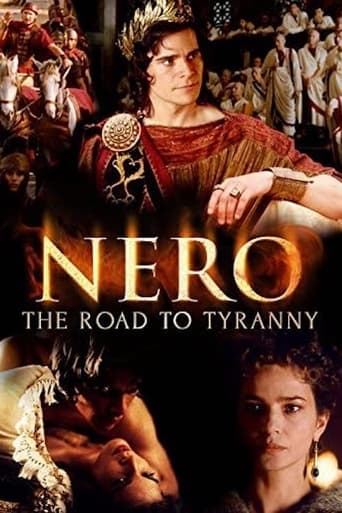



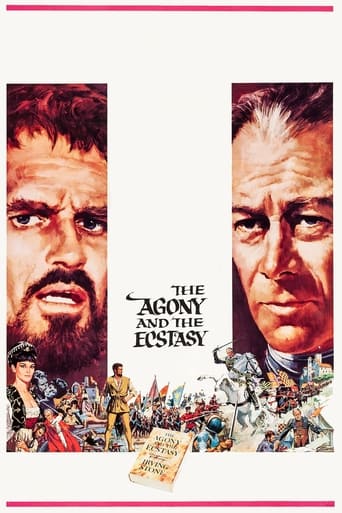

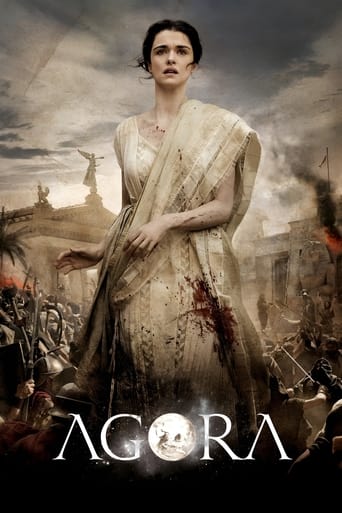
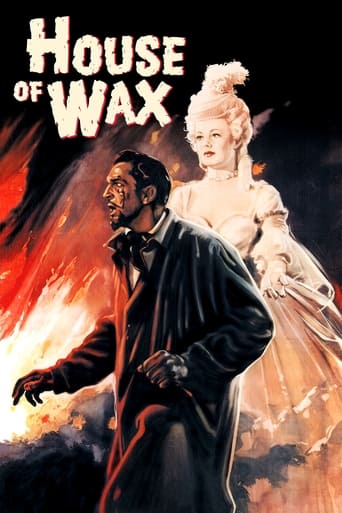


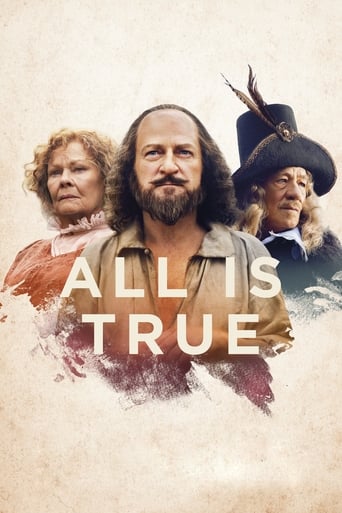
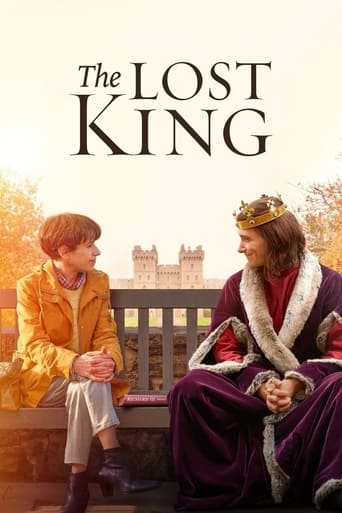










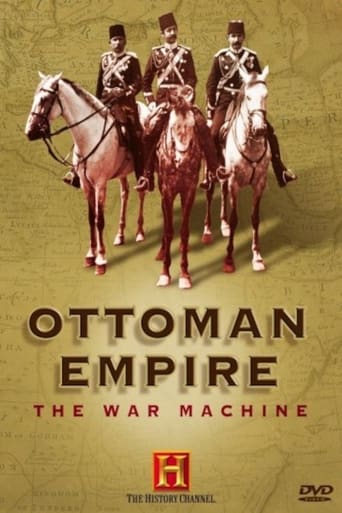



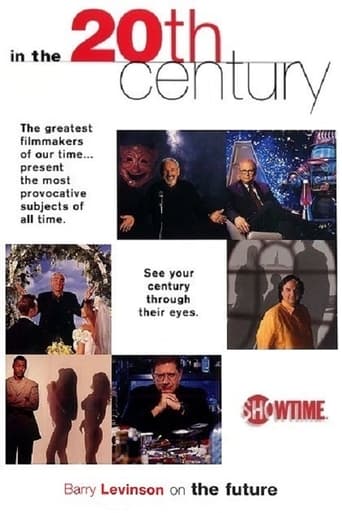
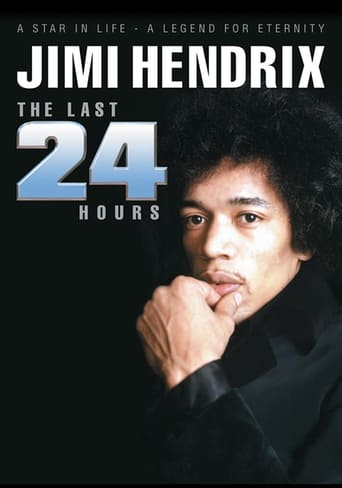

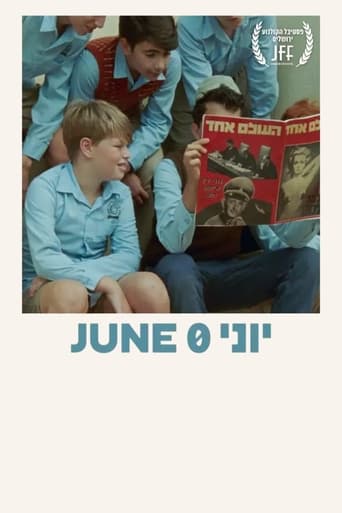





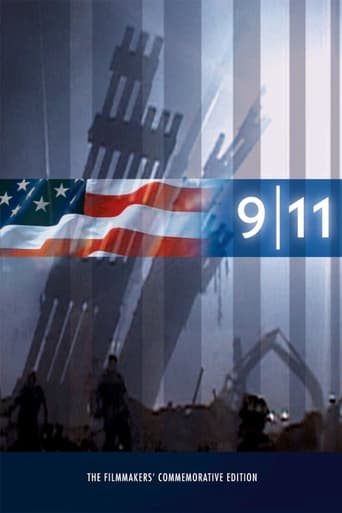



Z Channel: A Magnificent Obsession
A documentary on the Z Channel, one of the first pay cable stations in the US, and its programming chief, Jerry Harvey. Debuting in 1974, the LA-based channel's eclectic slate of movies became a prime example of the untapped power of cable television.